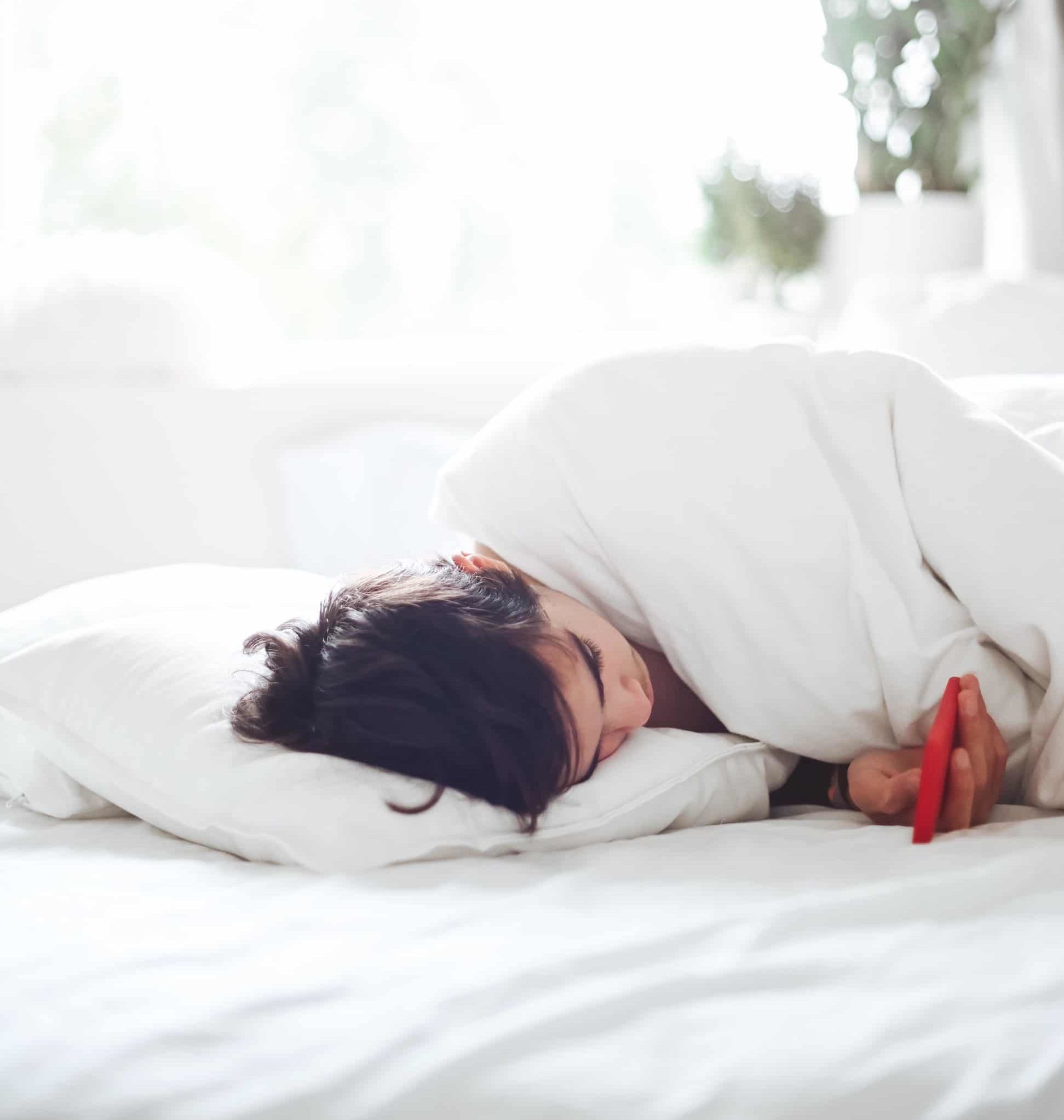Looking After Your Mental Health During the Coronavirus Outbreak
Just one month ago, the COVID-19 (coronavirus) outbreak was something we watched with idle curiosity. Like the SARS (severe acute respiratory syndrome) outbreak in 2003 and the MERS (Middle East respiratory syndrome) scare of 2012, the coronavirus cases seemed far away. They had little impact on our daily lives.
This year, though, as the number of cases of coronavirus grew in the epidemic’s origination point — the city of Wuhan, in the Hubei province in southern China — and crept into neighboring countries, we started paying attention. Now the United States is dealing with our coronavirus outbreak, and New York City is especially affected.
It’s OK to be nervous or scared.
Most of us have never experienced a health epidemic like COVID-19 here in the United States, so of course, we don’t know what to expect or how to react. We’re worried about our health and the health of our family members and loved ones, particularly the older adults in our lives. We’re confused about how to best protect ourselves from contracting the COVID-19 infection. We may feel powerless to help others because we fear exposure to the virus. We may be scared of losing our jobs if we’re staying home in a quarantine or self-isolation situation.
All of these reactions are normal, and you’re not alone in your concerns. During any epidemic or disruptive event, though, it’s essential to take steps to maintain good mental health and overall wellbeing.
Take care of yourself first, then others.
Whether you’re a first responder, medical professional, or a member of the general public, you can’t help others if you don’t take care of yourself first — both your physical health and your mental health. So, in addition to following the COVID-19 recommendations of the Centers for Disease Control (CDC) and your local public health officials to prevent the spread of the virus, consider the following:
- Avoid constant exposure to media coverage of COVID-19. These reports can be upsetting, sensationalized, or even inaccurate. Stick to reputable news sources or websites, and limit your access to the latest information and announcements to just a few times a day.
- Connect with others, even if you can’t meet in person because of home isolation or social distancing recommendations. Keeping in touch with family and friends will help you remember that you’re not alone, and give you someone with whom you can share your concerns. Social media is an excellent way to stay in close contact, but be careful to avoid the influence of people who are posting cynical or fatalistic news or predictions on their feeds.
- Maintain a healthy lifestyle with exercise, a nutritious diet, and plenty of sleep. Staying in good physical health is essential to maintaining your mental health. Take a brisk walk outside and maintain a safe distance from other people or find an exercise video online, get creative and use household objects as weights or any other equipment you may have, or walk around your apartment to stay active. In stressful times, some people turn to alcohol, drugs, or tobacco to cope or calm themselves. Remember that substance use is never the answer; in fact, it can be detrimental to both your physical health and your mental health.
- Relax your body and mind. Meditation, stretching, and deep breathing can help you focus and center yourself when dealing with the uncertainty of the unknown or the stress of the coronavirus outbreak. Escaping into a good book or podcast, or binging on a sitcom or travel show will help you replace your worries with happier thoughts.
- Tend to your existing mental health conditions. The stress, fear, and anxiety caused by the coronavirus scare can exacerbate your current health problems, especially mental illnesses like anxiety disorders, depressive disorders, panic disorder, bipolar disorder, schizophrenia, or post-traumatic stress disorder (PTSD). Continue to take any mental health medications as prescribed. If you can’t attend a therapy session in person, ask your therapist about teletherapy using one of the many secure video platforms available like Zoom or Google Hangouts or over the phone.
- Help your children understand what’s going on. Young people are resilient, but they’re also keen observers. They may respond to your stress or the news reports in different ways, including clinging, bedwetting, acting out, or crying. To best support your child, be honest, yet factual, about what’s going on. Answer their questions about coronavirus calmly in a way they can understand. Most importantly, let them know that they’re safe, and it’s OK if they’re upset. Act as their role model by taking good care of yourself and not overreacting.
- Remind yourself of the facts, too. It’s easy to lose sight of reality and fall prey to the chaos that can creep into society during a crisis like this, which can be detrimental to your mental health. Follow the recommendations of organizations like the CDC and the World Health Organization to prevent the transmission of coronavirus. Wash your hands often, use hand sanitizer, avoid touching your face, avoid close contact with sick people, cover your coughs and sneezes, and clean or disinfect surfaces you frequently touch.
Also, keep in mind health authorities and the U.S. government are acting with an overabundance of caution to stem the spread of coronavirus. Everyone wants to keep the number of cases of COVID-19 in the U.S. and New York State as low as possible. If you’re subject to a quarantine or isolation order, remember that these measures are only temporary and intended to keep you and your family safe.
If you or a loved one are having trouble coping with the stress of the coronavirus outbreak in New York City, reach out to the mental health professionals at Therapy Group of NYC today. We live here, too, and we have a unique understanding of the stressors and pressures you’re facing right now. We want to help you w

